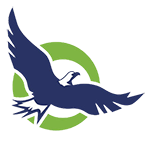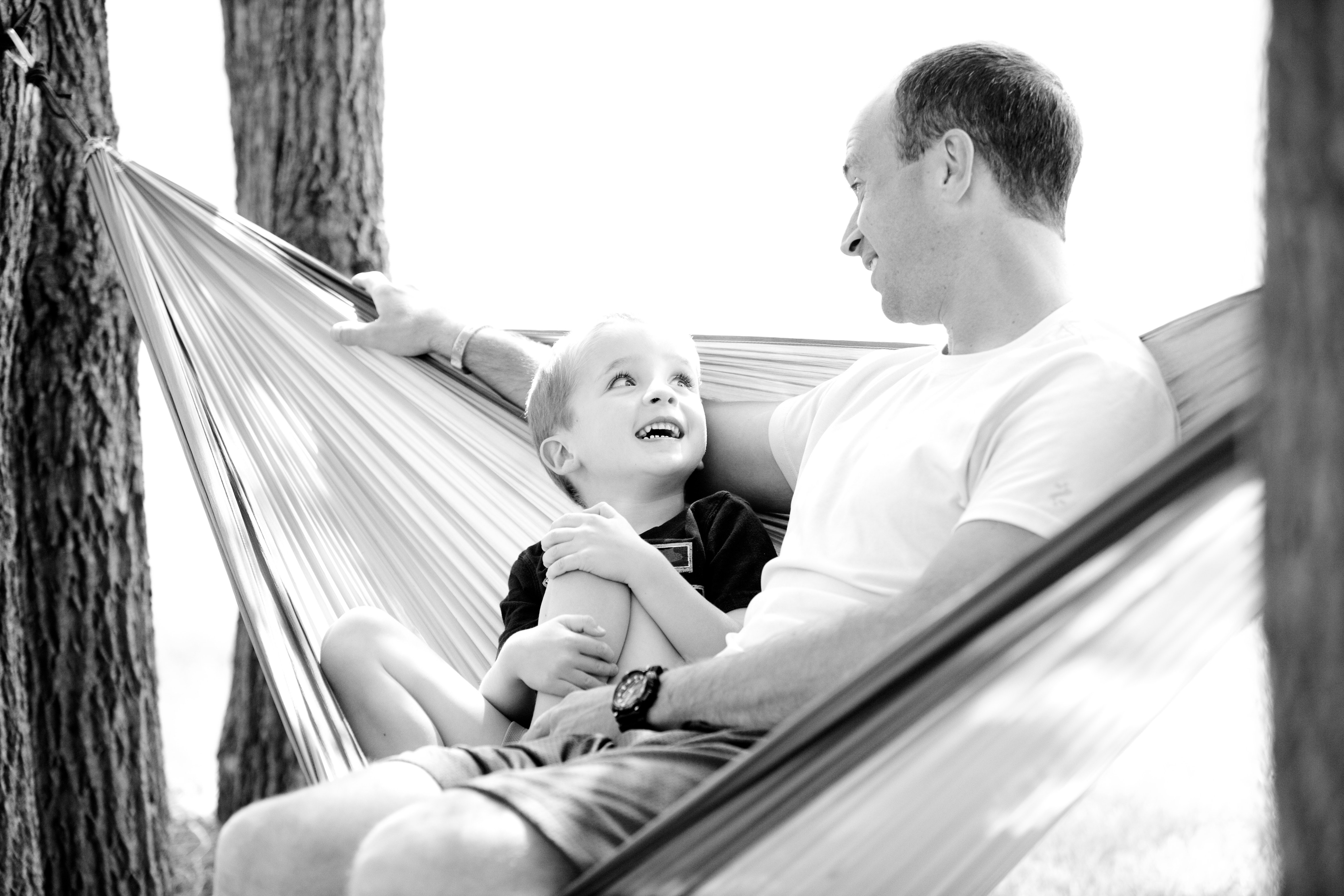Read the detailed description of Quest's Program Details!
Teaching Your Kids “Life’s Not Fair” To Raise Victors, Not Victims!
One of our favorite hidden rules at Quest Camp is “Life’s not fair”. To expand upon this further, we say, “Life is not fair. Do not expect it to be. This is not going to change. You need to deal with this and move on.” We tell this to kids at camp on an almost daily basis, and while at first it can seem harsh, it is a very important concept to understand. We also always make sure to follow up with positive thoughts and ways to learn from unfair experiences as well.
The article, “Teaching Your Kids About Entrepreneurship Isn’t About ‘Fair'” by Jim Marggraff peaked our interest because it highlights the importance of teaching your kids the idea of inequality existing in life early on to set them up for success throughout their lives. Marggraff details three ways in which we can help kids to become victors, not victims when life is not fair.
1. When talking about inequalities, focus on understanding what happened rather than placing blame on someone or something. Rather than just complaining that something was unfair, or even just accepting it, encourage your kids to think about why things happened the way that they did. For example, if your child does not get chosen for the soccer team, you could blame the coach, saying “He doesn’t know what he’s talking about” to soften the blow and protect your child’s feelings. However, this does nothing to prepare your child for the next time a similar situation comes up. Try not to focus on the people or circumstances that caused this negative situation, but instead, focus on how your child can take control of the situation and change the outcome for next time. This makes them feel motivated and empowered!
“According to a Queensland University of Technology study: Parents who shift the blame toward everyone but their children warp their kids’ sense of reality, degrade their confidence and prevent them from developing resilience and problem-solving skills.” [1]
UPCOMING PROGRAMMING
School Year Programming
School year therapy groups are ten-week afternoon therapeutic groups that are designed to provide therapy by specifically targeting individualized goals for our campers.
A minimum of one hour includes therapeutic activities that heavily target the development of social skills, emotion regulation, and positive behaviors, while the next hour focuses on further skill development by providing a variety of experiential activities as part of a group to create opportunities to observe the child in a natural setting and intervene to facilitate change. Some quarters provide a special emphasis to improve skills, while other quarters have a more general offering based on the campers’ interests and often include programming in areas such as video game making, drama, art, movie making, etc.
Winter Group Starts January 7 (Fullerton) and January 8 (Fountain Valley)
Summer Programming
Quest’s intensive summer program offers 7 weeks of programming (6 weeks of day camp and 1 week of residential). The summer program includes individualized behavior plans, group therapy, occupational therapy, a social thinking curriculum, mindfulness activities, yoga, soccer, games in the park, and field trips (beach, Boomers, Rockin’ Jump, Discovery Science Center, bowling, etc.) to create a fun and engaging, therapeutic camp experience for children.
Weekly parent meetings are also included. The summer program has been found across multiple studies to significantly reduce hyperactivity, impulsivity, aggression, and inattention, while improving peer relations, family relations, athletic competency, behavioral control and self-esteem. Quest has also been found to improve social awareness, social cognition, social communication, and social problems.
Summer Camp Dates are:
June 24, 2019 through August 8, 2019

